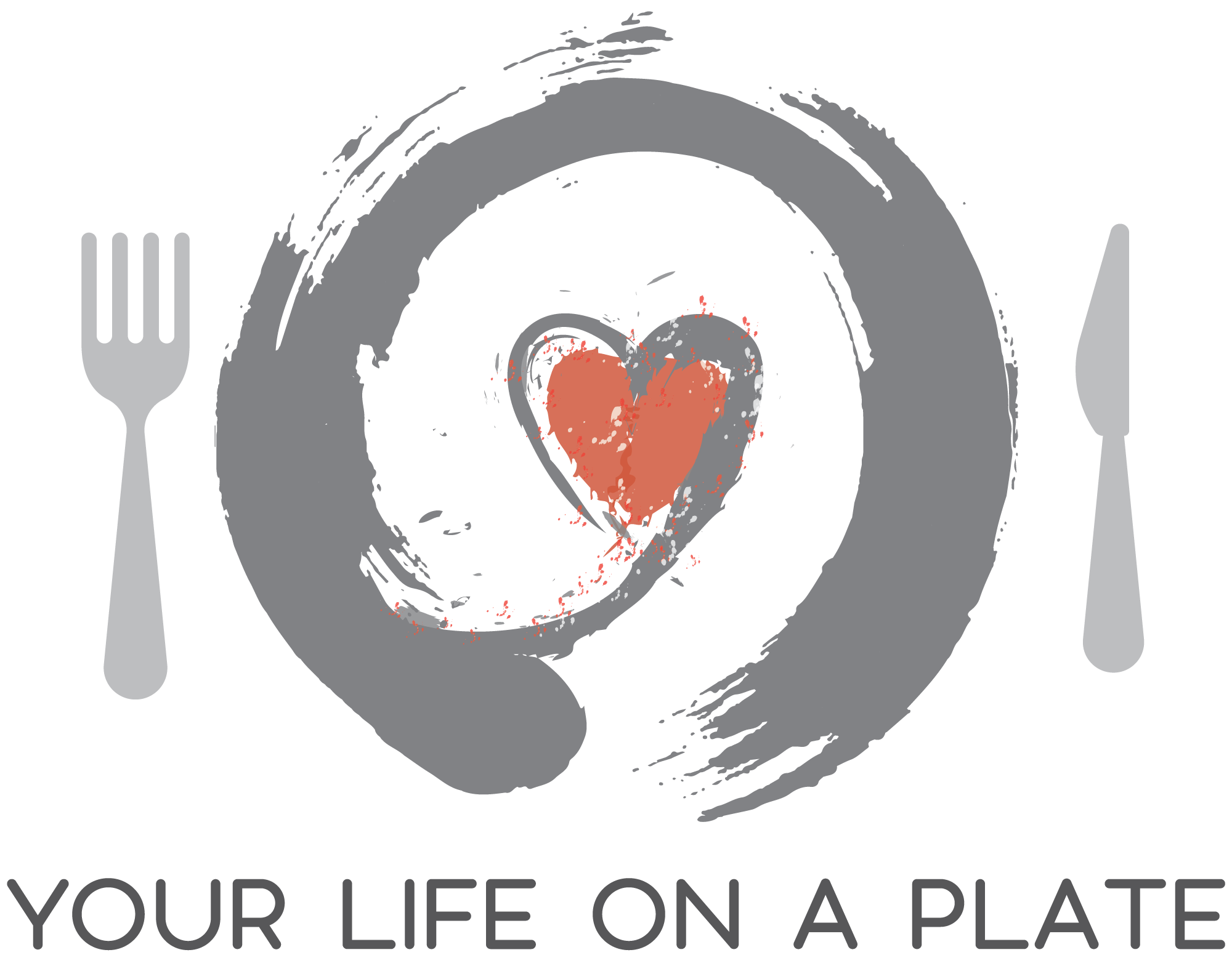Immune-Boosting Foods: Glutathione and Vitamin A
Welcome to Part 3 of my series dedicated to foods that help boost our immune system.
Did you miss any of the earlier posts?
☛ Here's one in which I talked about Immune-Boosting Foods: Fermented Foods and Vitamin C;
☛ Here's a second one in which I discussed how Selenium and Vitamin E are also essential for our immune system.
In this post, I will introduce two other key food groups needed to ensure the optimal functioning of our "immune army.”
1) Foods that stimulate the production of Glutathione
Coined as "the mother of all antioxidants" …
Glutathione is one of the "trendy” molecules in medical and scientific circles today, with over 150,000 scientific papers evaluating this powerful compound.
What is Glutathione?
Glutathione (GSH) is a peptide (i.e., a protein fragment) consisting of three amino acids (L-cysteine, L-glutamic acid and glycine), which plays a key role in our body.
Researchers studying the mechanisms of longevity believe it is so important to our health that the level of GSH in our cells may be an indicator of how long we will live. 😲
The list of benefits is huge and the role it plays in the immune system crucial. Here is the link to a scientific paper that extensively discusses the topic.
And here is another one which specifically evaluates the role of GSH against infections (our topic today).
There are no specifically "glutathione-rich" foods.
Technically speaking, it is not an essential nutrient; i.e., we do not have to ingest it in our diet: our body knows how to synthesize it from its essential components.
However, there are foods known for their ability to boost this antioxidant in our body.
WHICH FOODS STIMULATE GLUTATHIONE SYNTHESIS?
1) Sulfur-rich foods: Cruciferous vegetables
Arugula
Bok choy
Broccoli
Brussels sprouts
Cauliflower
Cabbage (fermented as sauerkraut, or not)
Kale
Mustard leaves
Radish
Turnip
Watercress
2) Selenium-rich foods
Selenium functions as a powerful antioxidant and is necessary for our body to synthesize GSH.
Yet another reason to include selenium-rich foods in our diet.
3) Vitamin C and Vitamin E–rich foods
Vitamin C helps raise glutathione in red blood cells and lymphocytes (one of our "warriors" of immunity).
Multiple studies show that Vitamin E is an important antioxidant that works together with GSH to prevent damage caused by free radicals.
Once again, one more reason to include Vitamin C and Vitamin E–rich foods on our plate 😊.
4) Other foods that stimulate glutathione synthesis
🌱 Avocado
🌱 Garlic
🌱 Asparagus
🌱 Spinaches
2) Vitamin A-rich foods
Many studies show how vitamin A plays an important role in our immune system, especially in the initial response to cytokines (a popular term these days because of the "cytokine storm" that the coronavirus triggers).
Vitamin A is also involved in:
Cellular apoptosis, a "programmed death cell" process by which our immune system eliminates those cells in our body that no longer function properly)
Antibody synthesis (our "elite soldiers")
The correct function of different key players of our "immune force": neutrophils, NK cells, monocytes, macrophages...
Where can we find vitamin A?
Vegetable sources:
🍠 Dark green leafy vegetables, such as spinach and chard
🍠 Sweet potatoes
🍠 Carrots
🍠 Pumpkin
🍠 Vegetable oils
Animal sources:
🍖 Liver
🍖 Eggs
🍖 Milk
There are some differences between vitamin A derived from plant and animal foods, but I will write about this topic at another time 😊.
Do other nutrients contribute to the proper functioning of our immune systems?
Indeed. Vitamin D, Zinc... and more!
Stay tuned for more posts to come! 😊
The whole idea of bringing all these nutrients "to the table" is to show that we can support our immune system with foods that are within our reach, honoring the old Hippocrates adage, "Let food be thy medicine and medicine be thy food."
If we provide the body with at least the minimum it requires, it will give us in return a healthy and meaningful life. It is all part of the wonder hidden within us 😉.
Teresa M.
Photos: Jamie Street on Unsplash; wikipedia; Tatjana Baibakova / Alamy Stock Photo




